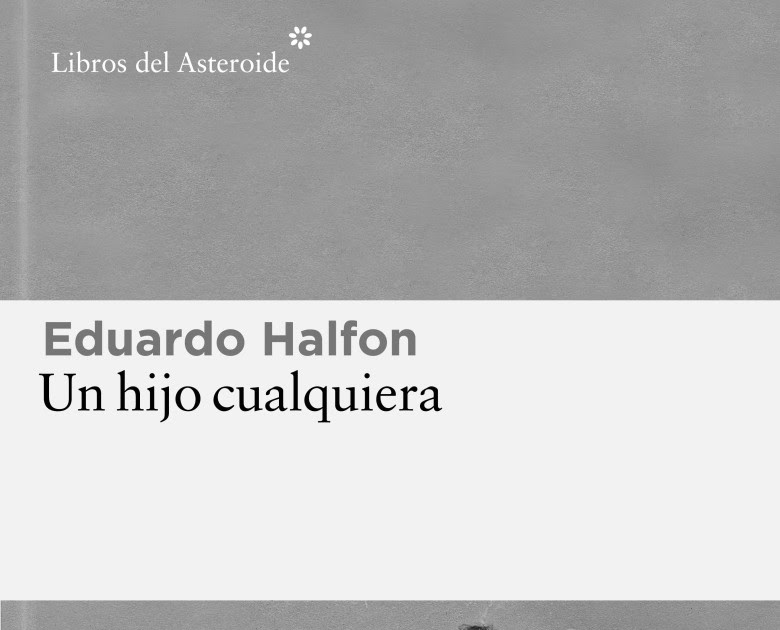
Language: español
Year of publication: 2022
Valoración: advisable
Penultimate delivery, to date, of what we can call, without being too pedantic, the corpus Eduardo Halfon literary, given the coherence and continuity between some works and others. As expected, then, we find here that usual self -participation variant in it (and, by luck, of great level and even interest; it is not about that trout self -fiction, so widespread), which results from the combination of children’s memories, inquiry into the double Guatemalan and Jewish cultural identity and explanations about the awakening of their interest in literature, the same as a reader as a writer. But, as is usually common in your other books, choose a topic, a people mott from which to organize the rest of the narration.
In this case, it is about paternity, both his and his relationship with his son, as well as the one he had with his father. However, these chapters/stories – because they are independent of each other – alternate with others that do not have much to do with the subject; Everything else, in some we find a reference, sometimes painful, children, but, in general, they seem more stuffed than anything else (said in a strict, non -derogatory sense, since its quality is equal or can be even superior to the rest). This is what happens with a couple of them that develop in Guatemala and allude to their culture and recent history: The amphitheater and the shocking Beni. Others like A few seconds in Paris, The fishbowl y Loose papersthey deal, instead of their learning in the trade of writing, in France and Belgium (this that their stories in the first person develop in different countries, because there are also others that occur in Spain or the US, it is also something very typical of this writer; however, instead of resulting from a forced or postureo cosmopolitism, Halfon gets something not only credible, but perfectly natural). Even one of them The last tigerit is a family anecdote that, supposedly tells him a fellow fellow – of the Wissenschafttskolleg in Berlin, how not- of Indian origin.
However, the chapters/stories that interest us most or at least those that justify the insertion of this review in this thematic week, are the ones that Halfon dedicates to the relationship with their son, which begins with the birth, which tells us in A small cut and continues for different moments of the earliest childhood of the kid. They are chapters in which dramatic events do not happen or even of a particularly memorable singularity, but rather small everyday moments, of a domestic significance, but not less relevant and, of course, of a great tenderness. Is what we find in Green otterin Wounda And, in the two that I liked the most, Domingos en Iowa y Read Calladitosimple but endearing and even precious moments of a father’s relationship with the son he cares for and who should educate. And vice versa.
The last story, however, is dedicated to Halfon to a memory of when he was the child, his father told him that as a child, in turn, he had been about to die drowned in the sea. The child and future writer Eduardo ends up wondering about the changing identity of parents and children and the uncertainty of our destiny (something that also surveys other chapters of the book, otherwise), and leaves us with a bittersweet taste, something also quite characteristic of this author’s literature. The best that is being written today, in Spanish and surely in any other language, everything is said …
Many other books by Eduardo Halfon reviewed: here
Source: https://unlibroaldia.blogspot.com/2025/03/padres-de-libro-un-hijo-cualquiera-de.html


